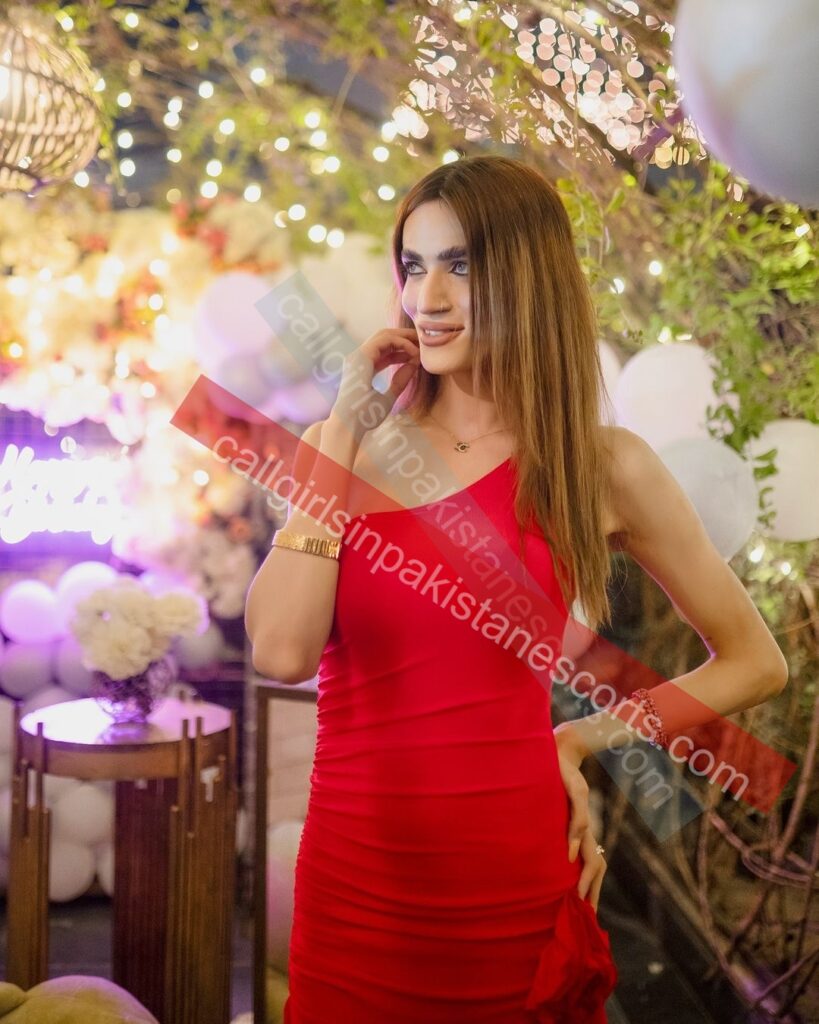The Rawalpindi Arts Council (RAC) is a vibrant hub of cultural activities, artistic expression, and social engagement. Nestled in the heart of Rawalpindi, Pakistan, this institution serves as a platform for artists, musicians, and performers from diverse backgrounds to showcase their talents. However, alongside its primary purpose of fostering artistic endeavors, RAC often becomes a point of interest in discussions surrounding social dynamics, particularly regarding the presence of escorts in and around the council. This blog post aims to explore this phenomenon within the framework of cultural, societal, and economic implications, providing a multi-faceted view of the topic.
The Role of the Rawalpindi Arts Council
Before delving into the topic of escorts, it is vital to understand the significance of the Escorts In Rawalpindi Arts Council Arts Council itself. Established to promote arts and culture in the region, the RAC has been instrumental in shaping the artistic landscape of Rawalpindi. From art exhibitions and theater performances to cultural workshops and literary discussions, the council provides a plethora of activities that facilitate cultural exchange and community engagement.
The council not only showcases local talent but also invites international artists, creating a melting pot of creative expression. This has generated a significant interest in the council as a social gathering space, where individuals can network, collaborate, and appreciate the myriad forms of art.
The Intersection of Arts and Social Engagement
As a gathering place, the RAC attracts a heterogeneous audience, ranging from art aficionados to casual visitors. However, this broad spectrum includes individuals who engage in the escort industry, either as professionals or clientele. The escort industry often intersects with cultural spaces, primarily because these environments create opportunities for social interaction and networking.
While it is essential to address the escort phenomenon carefully, it is also crucial to understand the socioeconomic factors driving this aspect of culture. In many cases, individuals turn to the escort profession due to financial constraints, lack of opportunities, or personal circumstances. As a cultural entity, the RAC facilitates a space where different societal segments converge, leading to complex interactions.
Perspectives on the Escort Phenomenon
Economic Factors
The escort industry, often perceived as a taboo topic, finds its roots in various economic factors. In cities like Rawalpindi, where employment opportunities are limited, some individuals may see escorting as a viable means of income. The average pay in various sectors may not meet the financial needs of many, making alternative professions attractive.
Moreover, the disposable income of certain demographics that frequent cultural institutions like RAC may create a demand for escort services. While this may not be a comfortable subject for many, acknowledging the economic realities is vital to understanding the broader context.
Cultural Implications
The presence of escorts in cultural hubs like the Rawalpindi Arts Council often spark discussions about morality, societal norms, and values. While some view escorting as a profession synonymous with stigma, others argue that individuals should have the autonomy to make choices regarding their bodies and livelihood.
This duality reflects broader cultural tensions present in Pakistani society, influenced by traditional values and modern perspectives. As the arts council promotes creativity and freedom of expression, it also becomes a space where conversations about choice, agency, and societal expectations can unfold—whether those discussions are overt or implicit.
Escorting and the Arts Scene
An intriguing aspect of the intersection between escorts and the arts community is how these two worlds sometimes engage with one another. Within the arts scene, there exists a level of creativity, performance, and embodiment that resonates with the very essence of escorting. This connection goes beyond mere surface appearances; it can speak to themes of identity, representation, and body politics.
Artists themselves often grapple with the idea of performance. In this regard, escorts may be viewed through the lens of performance art—presenting themselves while navigating societal judgments and expectations. The dialogues between these fields can foster deeper understanding, compassion, and critical thinking among both artists and audiences.
The Role of Public Discussion and Awareness
The topic of Escorts In Rawalpindi Arts Council is often shrouded in silence, driven by societal taboos and misconceptions. However, initiating public discussions can lead to more understanding and awareness of the complexities surrounding the escort phenomenon.
Educational initiatives that promote dialogue about the various facets of the industry—its economic basis, its impact on society, and the narratives shaped around it—could foster a more inclusive environment. By creating platforms where diverse voices can be heard, we pave the way for an informed community that embraces cultural plurality.







